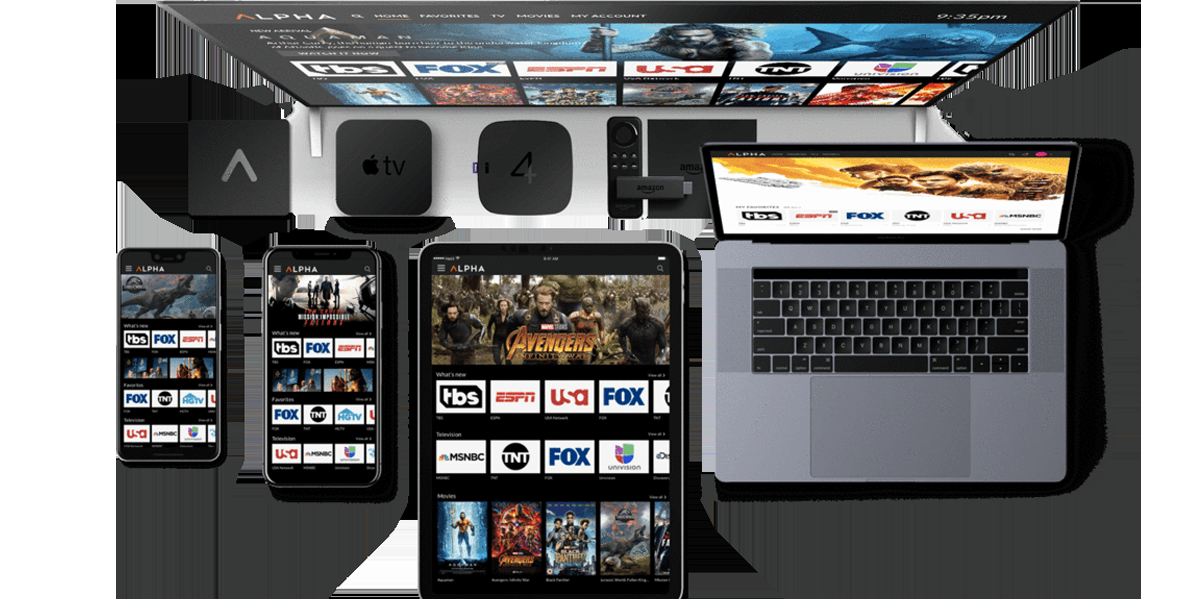As you consider your TV viewing options in South Africa, you’re likely torn between IPTV and traditional cable. Both have their advantages, but which one is best for you? If you’re looking for flexibility and customization, IPTV might be the way to go. But if you’re a die-hard sports fan or live event enthusiast, traditional cable’s reliability and consistency might be more up your alley. The question is, what are your priorities? Do you value control over your content or a wide range of channels? The answer will determine which option is better suited to your unique needs – and that’s just the starting point.
Understanding IPTV Technology
Three decades ago, the concept of streaming media over the internet was unimaginable, but today, it’s a reality thanks to Internet Protocol Television (IPTV).
You’re probably wondering how it works. Essentially, IPTV uses your internet connection to deliver television programming to your devices.
It’s a system where internet protocol is used to transmit television channels, videos, and even on-demand content. This means you can access a wide range of content from anywhere, at any time, as long as you have a stable internet connection.
You might be thinking, “Isn’t that the same as streaming services like Netflix?” Not exactly.
While both use the internet to deliver content, IPTV provides a more traditional television experience, with live channels, sports, and news.
It also offers features like pause, rewind, and fast-forward, just like a traditional TV. IPTV providers use specialized equipment to convert traditional broadcast signals into IP packets, which are then transmitted over the internet to your device.
This allows you to enjoy high-quality video and audio, with minimal buffering or lag.
Traditional Cable’s Strengths
You’ve likely had traditional cable for years, and it’s served you well.
It’s a tried-and-true technology that’s been around for decades, and its reliability is one of its strongest suits. With traditional cable, you can expect a consistent, high-quality signal that’s less prone to outages or buffering.
You’re also less likely to experience latency or lag, making it ideal for live events, sports, and real-time programming.
Another strength of traditional cable is its wide availability. Almost every household in South Africa has access to traditional cable, making it a convenient option for most people.
You don’t need to worry about whether your internet connection is fast enough or if you have the right equipment to support IPTV. With traditional cable, you can simply plug in and start watching.
Additionally, traditional cable often comes with a range of channels and programming options, including premium channels and exclusive content.
You’ll have access to a diverse range of shows, movies, and documentaries, catering to different tastes and preferences.
IPTV’s Customization Options
When it comes to personalizing your viewing experience, IPTV stands out with its impressive customization options.
You get to create a tailor-made channel lineup that suits your viewing habits, eliminating unwanted channels and reducing clutter. With IPTV, you can also set parental controls, restricting access to certain channels or content for specific users. This feature is particularly useful for families with young children.
You can also customize your content language, choosing from a range of languages and subtitles to cater to your preferences.
IPTV also allows you to pause, rewind, and record live TV, giving you more control over your viewing experience. Additionally, you can create multiple profiles, each with its own set of preferences and settings. This feature is ideal for households with multiple users who’ve different viewing habits.
Cost Comparison Analysis
As you’ve taken advantage of IPTV’s customization options to create a personalized viewing experience, it’s natural to wonder how the cost of this service compares to traditional cable.
When it comes to pricing, IPTV and traditional cable have some key differences.
With traditional cable, you’re often locked into a contract with a fixed monthly fee, regardless of how much you use the service.
IPTV, on the other hand, offers more flexibility, with many providers offering pay-per-view or subscription-based models that let you choose what you want to watch and when.
This can be a significant cost-saver, especially if you only watch a few channels regularly.
Additionally, IPTV often doesn’t require any installation or equipment rental fees, which can add up quickly with traditional cable.
Reliability and Streaming Quality
Beyond customization, another crucial aspect of the viewing experience is reliability and streaming quality. You want to ensure that your service provider can deliver a stable connection, minimizing interruptions and buffering.
Traditional cable TV has a strong track record in this regard, with a dedicated cable connection providing a consistent signal. In contrast, IPTV relies on your internet connection, which can be affected by various factors such as bandwidth, network congestion, and ISP reliability.
However, reputable IPTV providers often implement measures to mitigate these issues, such as content delivery networks and adaptive bitrate streaming.
When it comes to streaming quality, IPTV generally offers more flexibility. You can adjust the video quality to suit your internet connection speed, ensuring a smoother viewing experience.
Traditional cable TV, on the other hand, is limited to the broadcast quality set by the provider. That being said, some iptv service south africa services may struggle to match the same level of video quality as traditional cable, particularly for live sports and HD content.
Ultimately, the reliability and streaming quality of IPTV depend on your internet connection and the provider’s infrastructure.
Conclusion
You’ve weighed the pros and cons of IPTV and traditional cable, now it’s time to make a decision. Consider your viewing habits and priorities – do you crave control over your content or prioritize live events and sports? IPTV offers flexibility and cost-effectiveness, while traditional cable provides reliability and a wide range of channels. Choose the option that best fits your unique needs, and enjoy your viewing experience.



